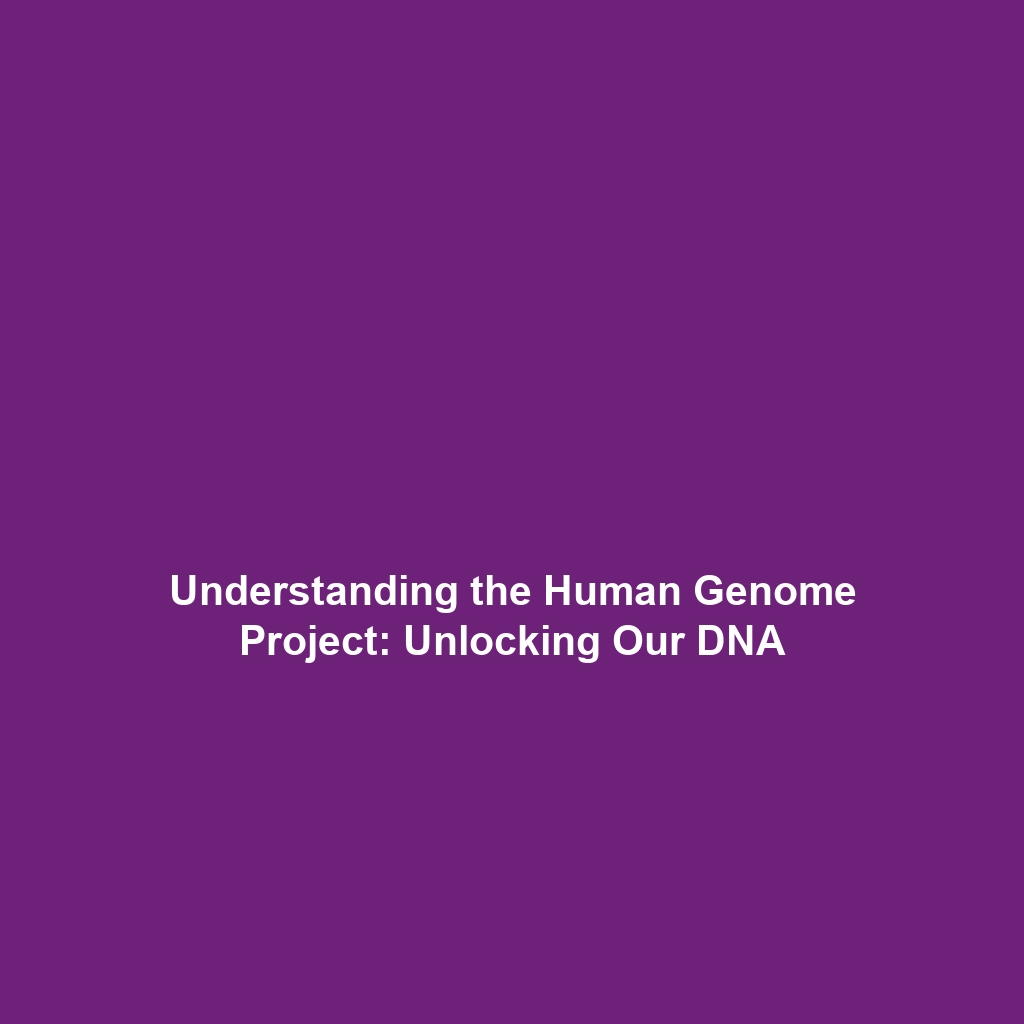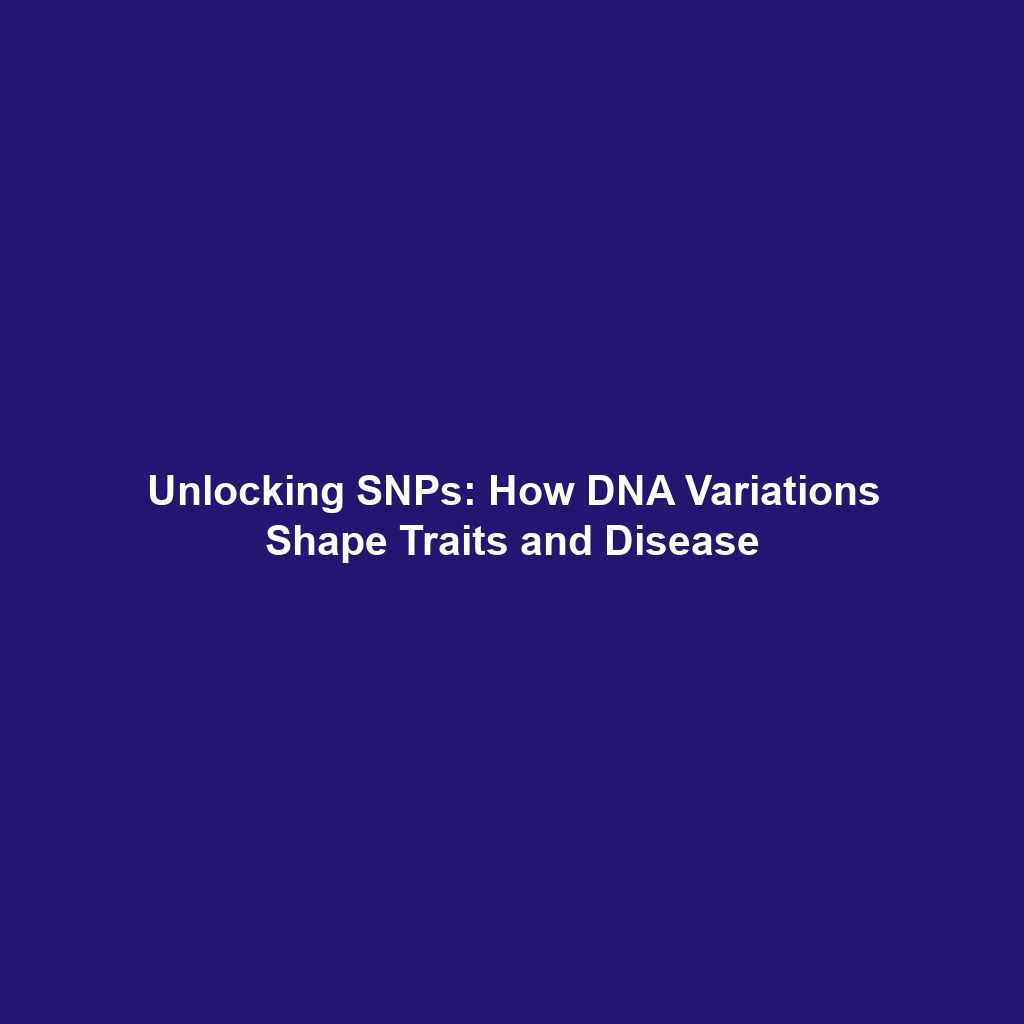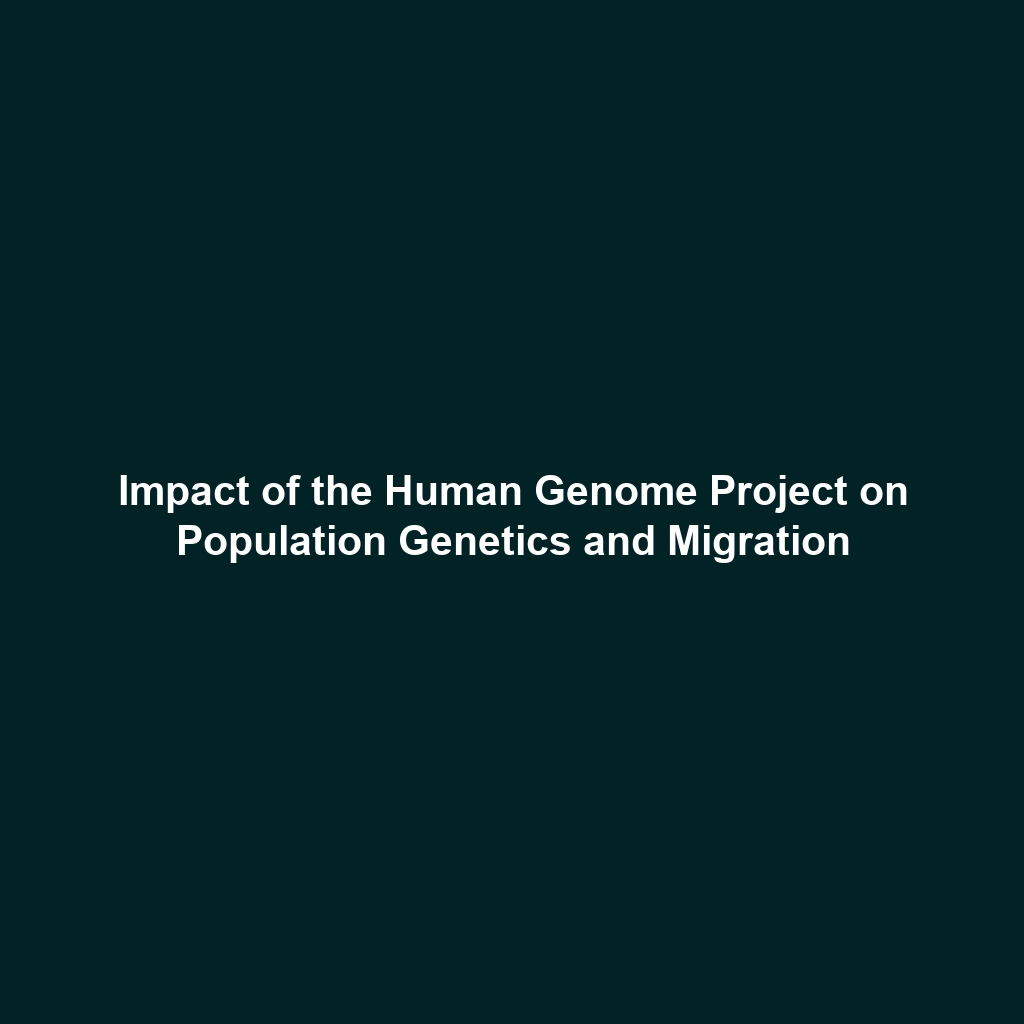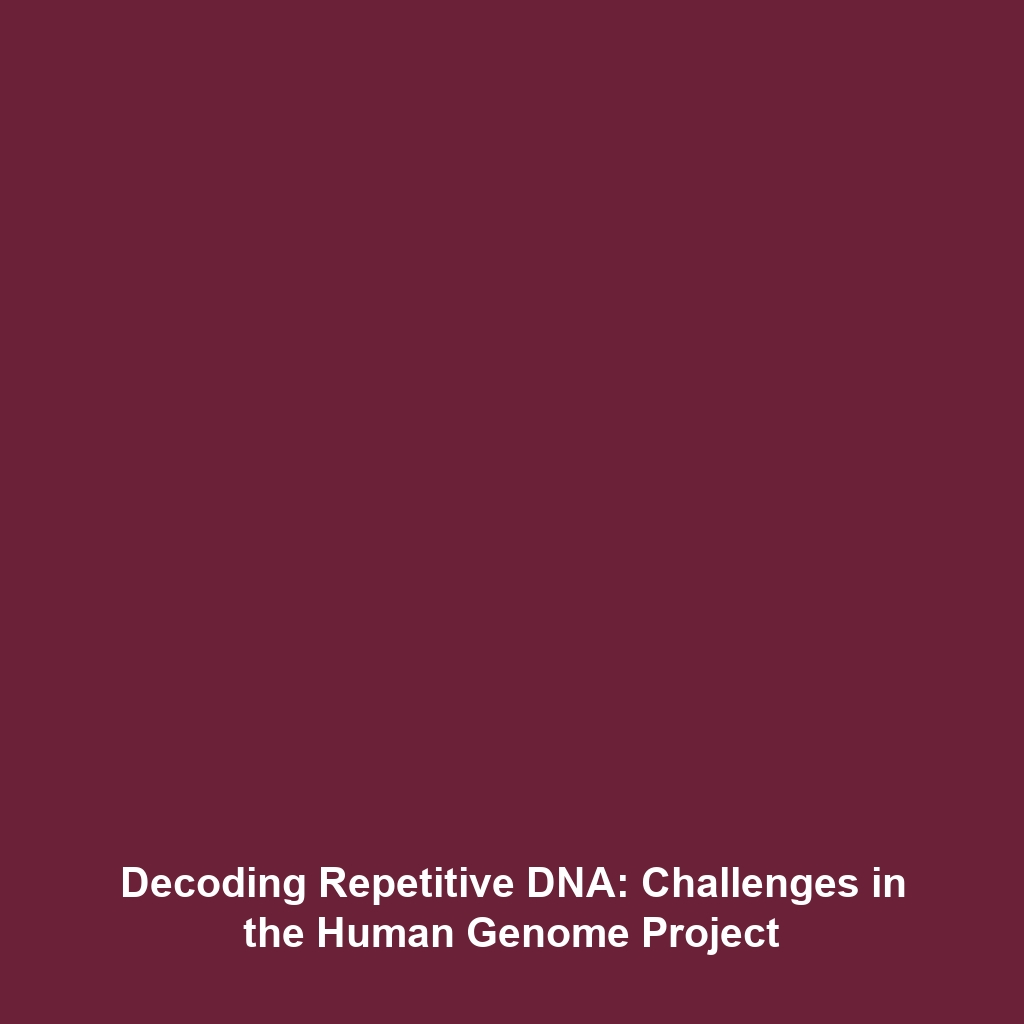Advances in Using Genetic and Molecular Profiling to Design Personalized Cancer Vaccines
The landscape of cancer treatment is undergoing a remarkable transformation, particularly through the use of personalized cancer vaccines. These innovative therapies, driven by advances in genetic and molecular profiling, are set to revolutionize the field of immunotherapy. By tailoring vaccines to the unique genetic makeup of individual tumors, researchers and clinicians aim to enhance the body’s immune response, significantly improving treatment outcomes for cancer patients. This article delves into the significance, applications, challenges, and future research directions associated with this crucial area of cancer therapy.
Key Concepts in Personalized Cancer Vaccines
The design of personalized cancer vaccines hinges on several key principles:
- Genetic Profiling: This involves analyzing the genetic mutations present in a patient’s tumor cells to identify potential targets for vaccine development.
- Molecular Profiling: Techniques like proteomics and transcriptomics are used to understand the pathways and protein expressions in cancer cells, paving the way for targeted immunotherapy.
- Neoantigens: These are novel antigens generated from tumor mutations, crucial for developing personalized vaccines that stimulate specific immune responses.
- Adjuvant Therapies: Combining vaccines with other immunotherapeutic agents enhances their effectiveness by creating a more robust immune response.
Applications and Real-World Uses
The practical applications of personalized cancer vaccines are expanding rapidly, signaling a new era in immunotherapy and cancer treatment:
- Treatment of Melanoma: Personalized vaccines designed from molecular profiling of tumor samples in melanoma patients have shown promising response rates in clinical trials.
- Breast and Ovarian Cancer: Research is ongoing into utilizing genetic profiling to create vaccines tailored to specific HER2-positive variants within these cancers.
- Pancreatic Cancer: Neoantigen-targeted vaccines have demonstrated potential in early trials for patients with pancreatic cancer.
- HLA Typing: Matching vaccines based on the patient’s HLA type enhances efficacy, underlining the importance of genetic identification in treatment designs.
Current Challenges in Personalized Cancer Vaccines
Despite the potential of personalized cancer vaccines, several challenges hinder their widespread application:
- High cost of sequencing and processing tumor samples limits accessibility.
- Variability in immune responses among individuals affects the consistency of vaccine efficacy.
- The identification of neoantigens from tumor mutations requires sophisticated bioinformatics tools and expertise.
- Regulatory hurdles in getting personalized therapies approved can delay timely access for patients.
Future Research and Innovations
Looking ahead, several exciting innovations promise to enhance the landscape of personalized cancer vaccines:
- Advances in machine learning and artificial intelligence may streamline the process of identifying neoantigens from genetic data.
- Innovative delivery systems, such as nanoparticles, are being researched to improve vaccine stability and effectiveness.
- Combining personalized cancer vaccines with immune checkpoint inhibitors could boost overall treatment efficacy and patient outcomes.
- Ongoing studies aim to establish standardized protocols for integrating genetic and molecular profiling in clinical practice.
Conclusion
In conclusion, the advances in using genetic and molecular profiling to design personalized cancer vaccines represent a significant breakthrough in the field of immunotherapy and cancer treatment. As ongoing research addresses current challenges and paves the way for future innovations, the potential for personalized vaccines to revolutionize patient care continues to grow. To stay informed about the latest developments in cancer immunotherapy, consider exploring related topics such as cancer immunotherapy and personalized medicine.









